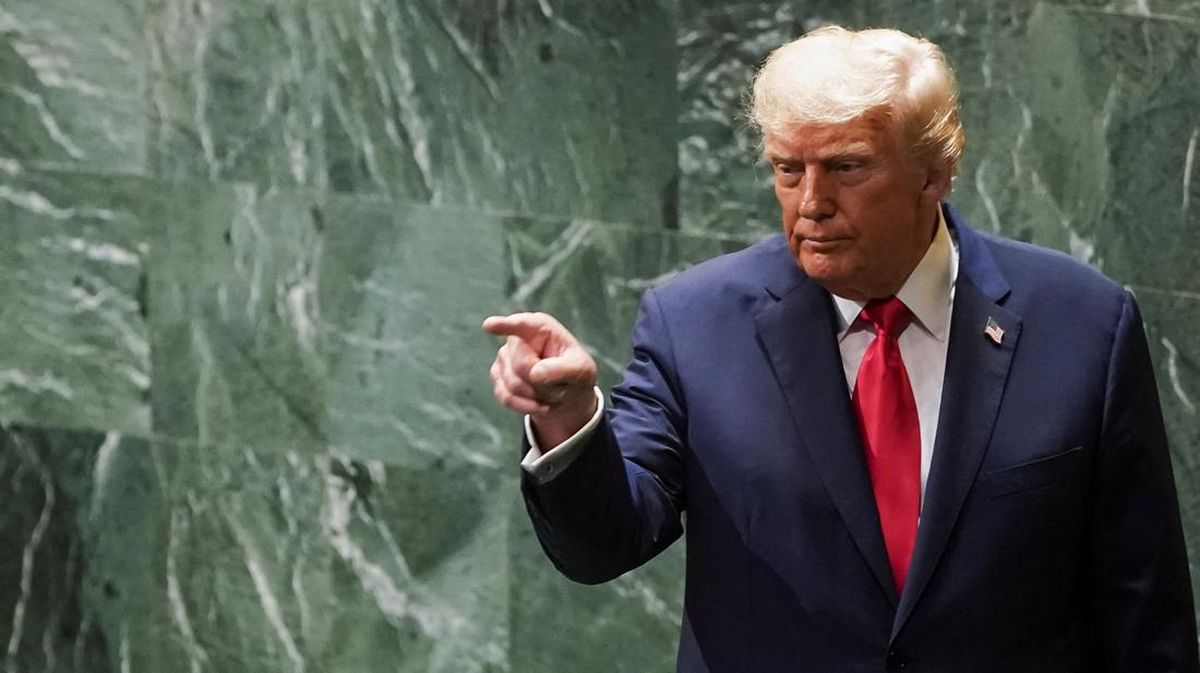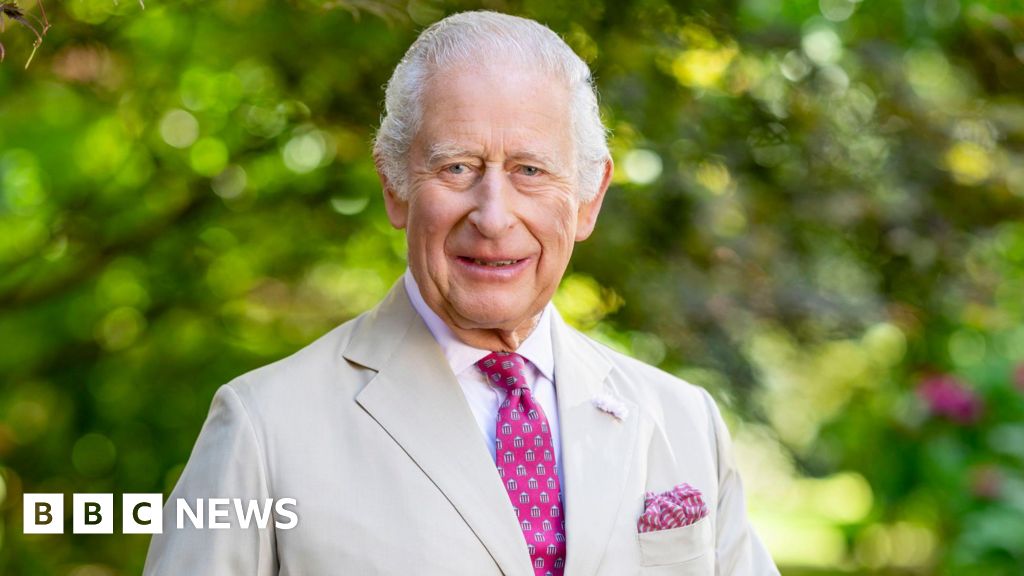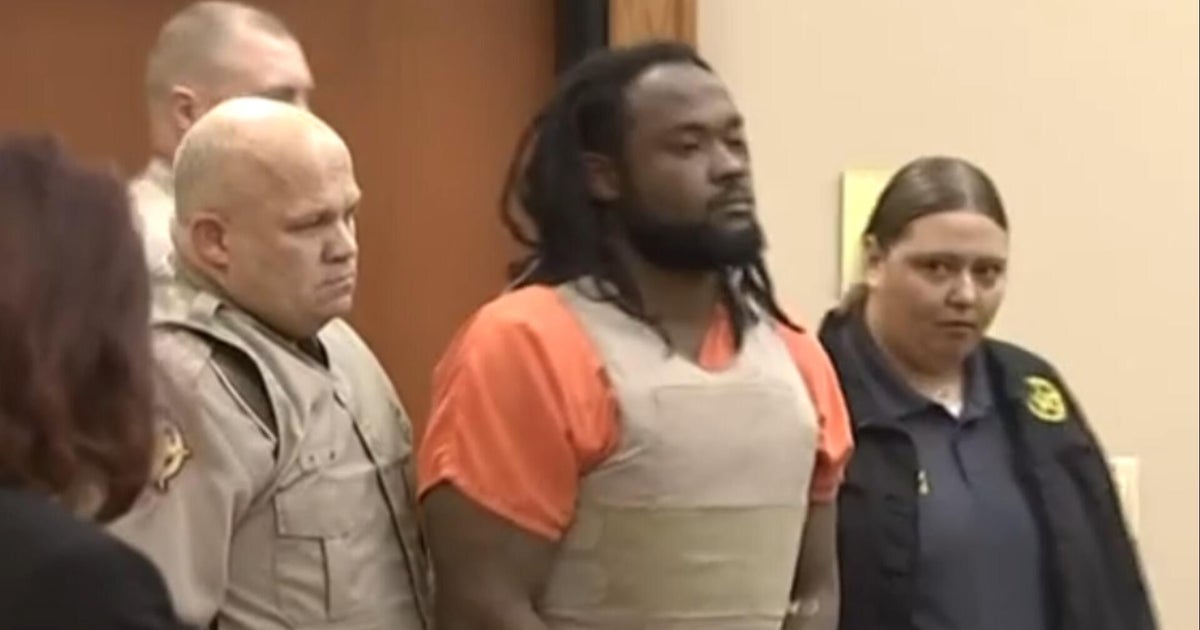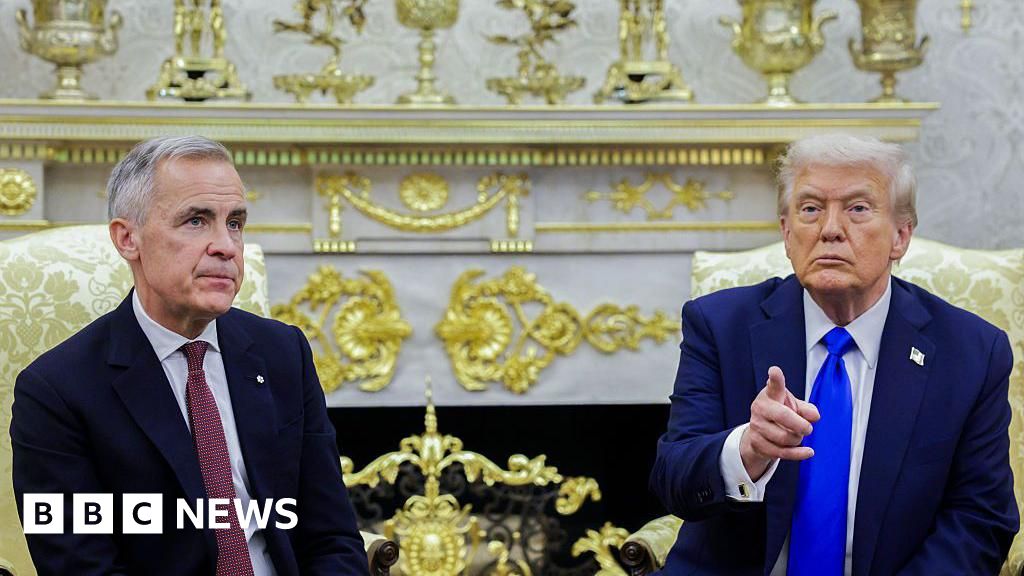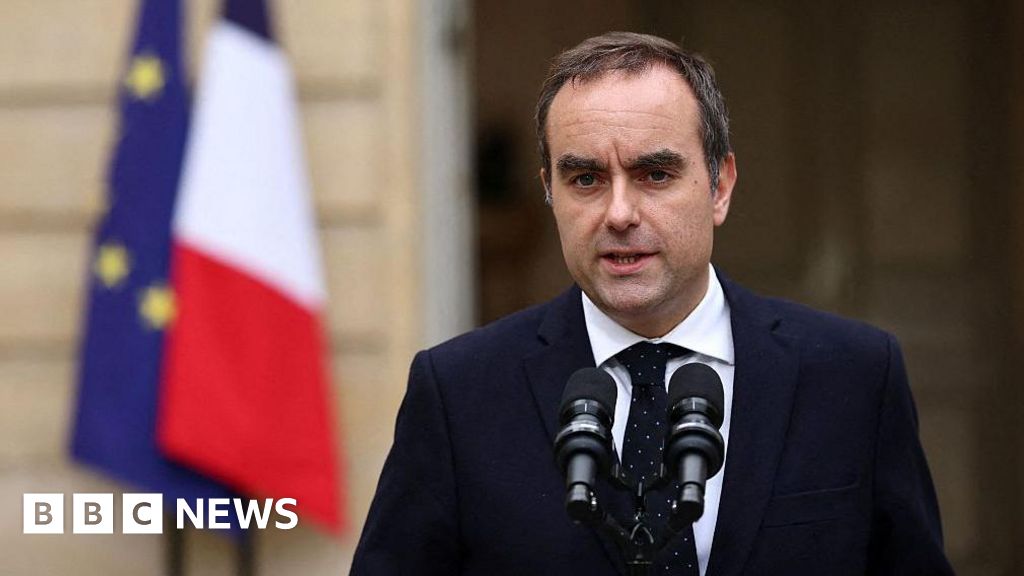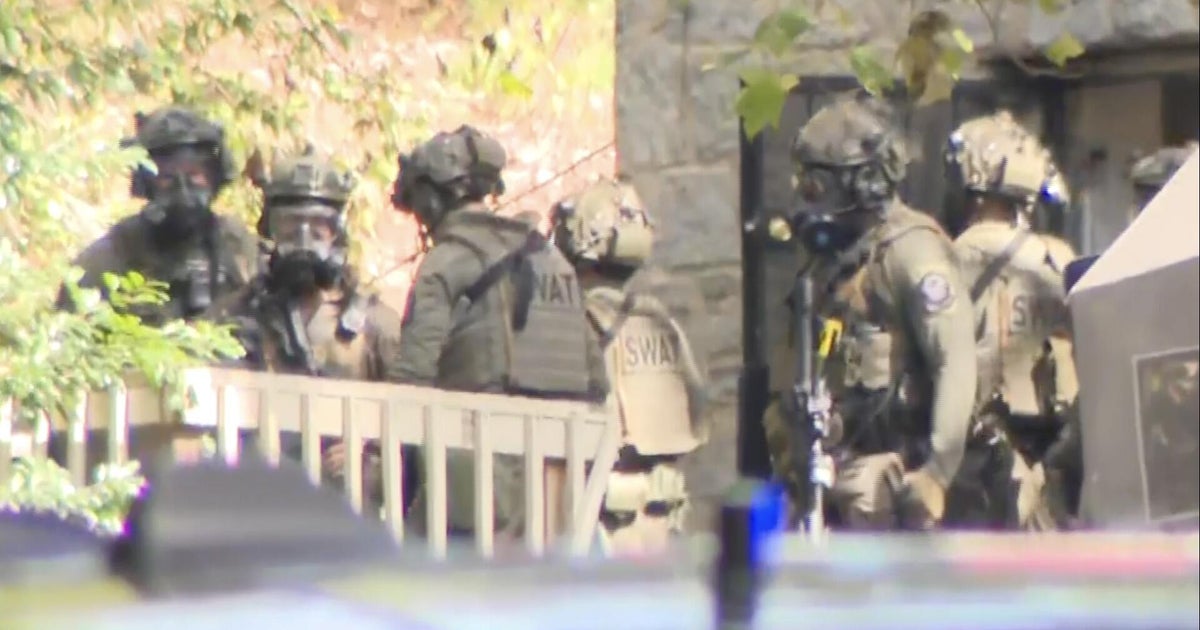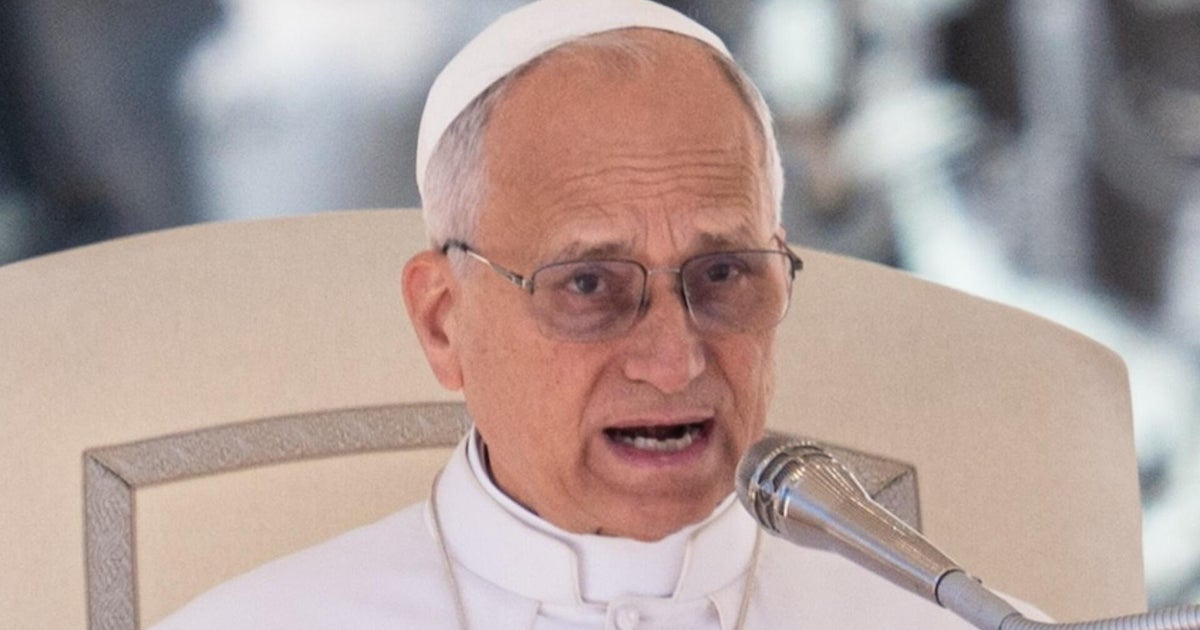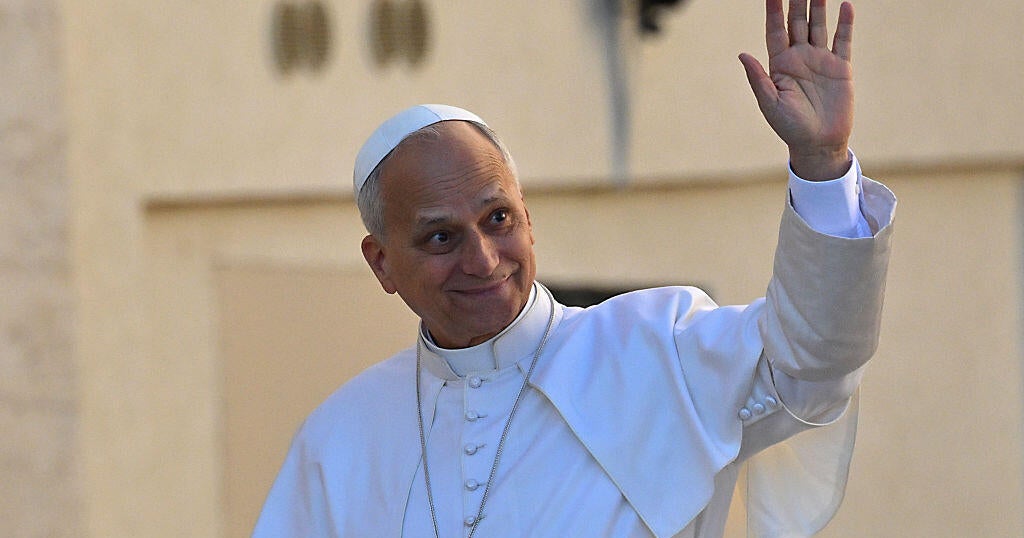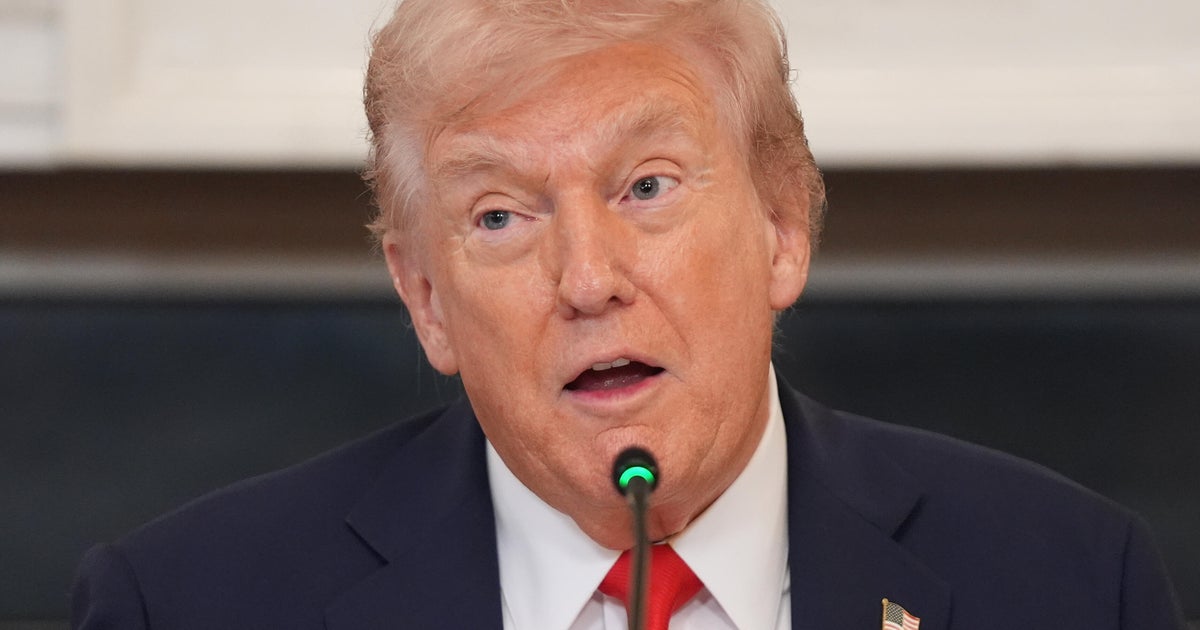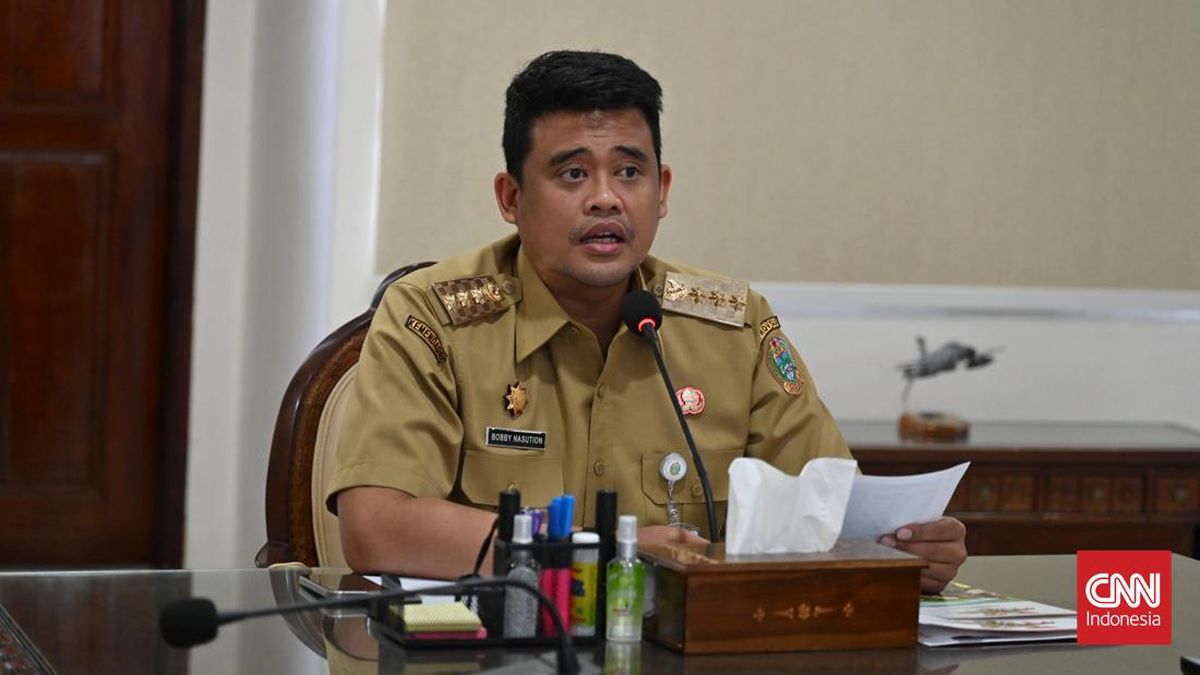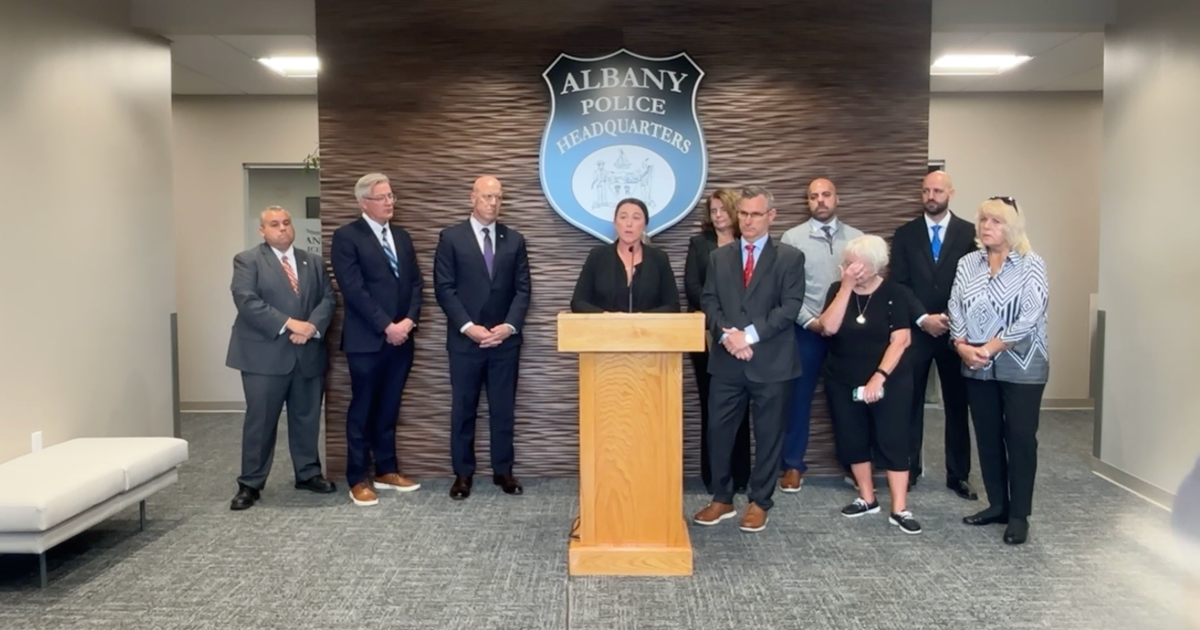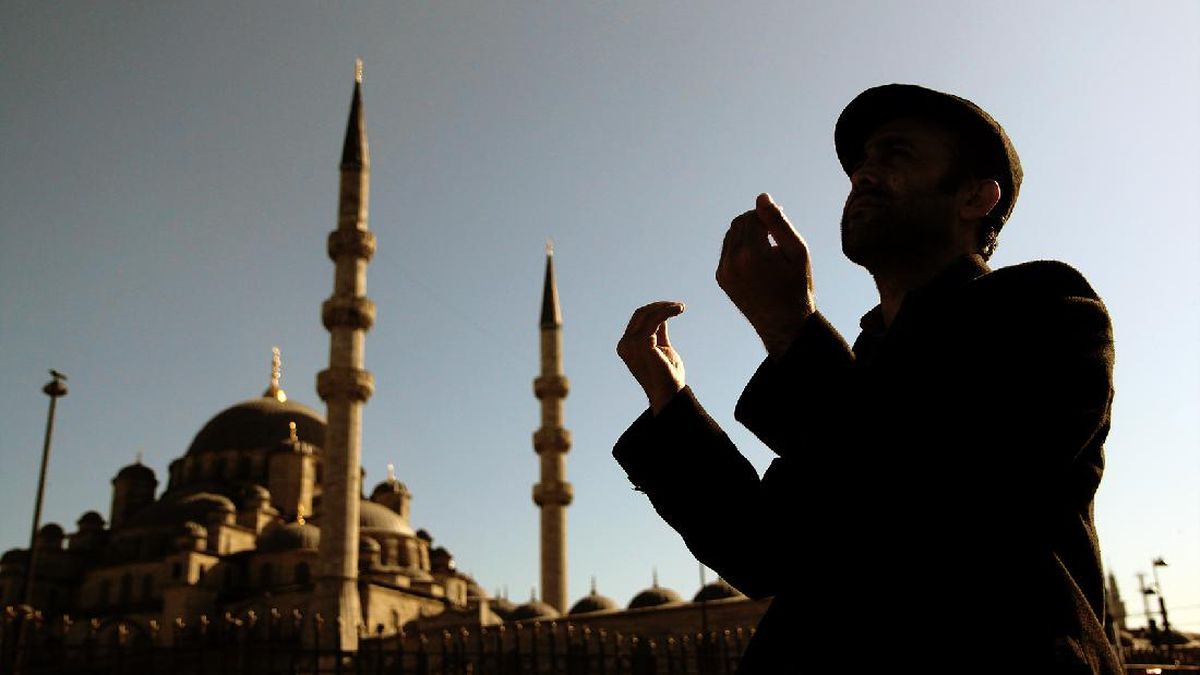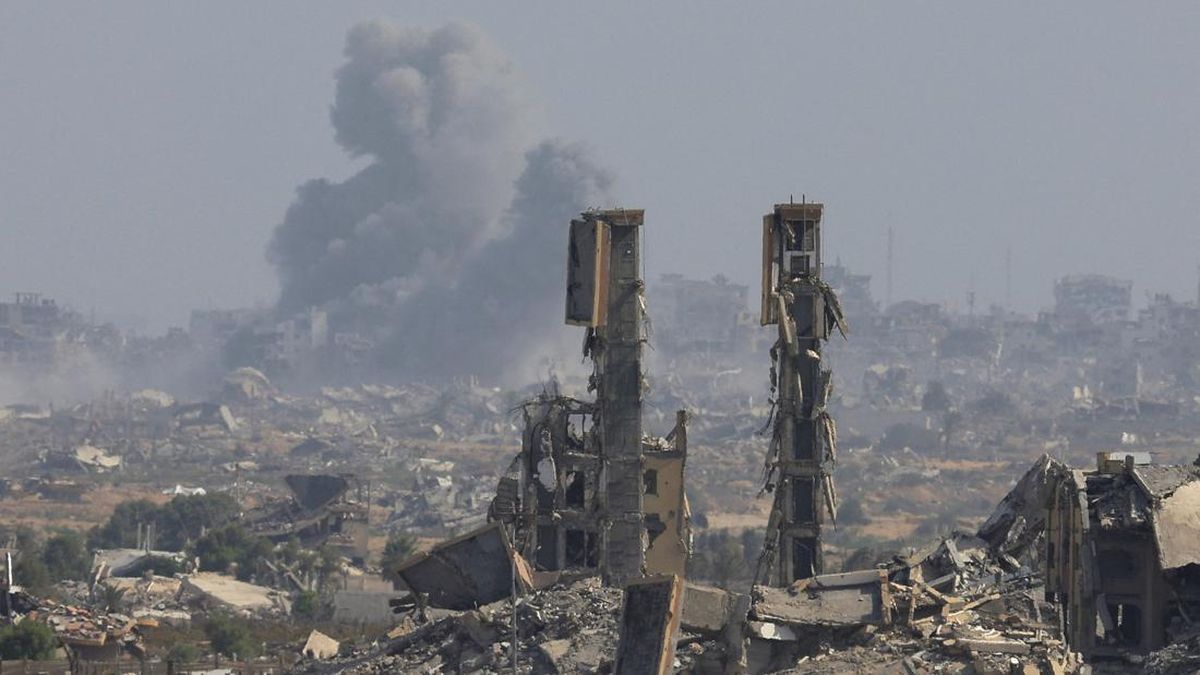Students at the state’s biggest university have been caught submitting fraudulent admissions documents, using fake medical certificates to get assignment extensions, and are increasingly misusing artificial intelligence, with more than 3000 breaches of its academic integrity policy recorded last year.
There were more than 1000 cases where University of Sydney students were issued a fail grade for an entire subject after being caught cheating, while 13 graduates were stripped of their degree after the university discovered they had committed fraud, its annual report on misconduct said.

The report said 13 students were stripped of their degree.Credit: Louise Kennerley
“The university has seen an increase of fraud, in particular, students submitting fraudulent medical certificates in support of their special considerations application, but also the increase of contract cheating in combination with the misuse of artificial intelligence,” it said.
There were 463 instances of academic misconduct and fraud detailed in the student’s administrative unit’s report. Further data supplied by the university said there were 3498 academic integrity incidents recorded across the institution last year, which included low-level plagiarism which may not have resulted disciplinary action – a slight decrease compared to 2023 levels.
A university spokesman detailed how predatory cheating companies often lured new students with offers of accommodation, social connections and wellbeing support, before offering academic “services” that breach university rules around cheating.
“To tackle this growing challenge, we’ve invested in additional resources including a dedicated team to detect cheating and fraud. We’re also adopting sophisticated technology to identify and investigate academic dishonesty such as automated software that flags when an assessment appears suspicious,” he said.
The report said 15 students faced disciplinary action in relation to the pro-Palestinian encampment, with six of those students receiving a finding of misconduct and a penalty.
Allegations in the student discipline report span everything from cheating in an exam to bullying, and students sexually harassing others on campus. Reports received were untested at the point of submission. Figures also include appeals from students regarding administrative matters – such as formal requests for special consideration, or reviews of grades, as well as behavioural issues.
International students made up 91 per cent of cases of academic misconduct detailed in the discipline report.
Loading
Academic Appeal Specialist’s Herman Chan, who assists students with academic appeals and disputes, applied for the misconduct report under freedom of information legislation and provided it to the Herald.
“I’ve seen multiple cases where students were accused of submitting fake medical certificates, and it’s always the same doctor’s name coming up. Some students tell me they genuinely don’t know how to use their overseas student health cover, so they just go to whoever other students say is ‘legit’,” he said.
In other cases, Chan said students approached him seeking to minimise the fallout of being caught cheating.
“I had one case where a student admitted she didn’t do any of her assignments herself throughout the degree. She struggled with the first one, got a ghostwriter to help, and then just kept using ghostwriters from start to finish.
“The problem isn’t just misconduct, it’s a combination of low entry standards, inadequate academic support, and a lack of proper early intervention.”

Sydney University has invested in a dedicated team to detect cheating and fraud. Credit: Dominic Lorrimer
Before the rise of artificial intelligence, studies suggested about one in 10 students engaged in contract cheating at some stage during their studies, Professor Phillip Dawson from Deakin University’s Centre for Research in Assessment and Digital Learning said.
“It is thought that contract cheating companies are using AI, which makes sense because it is more efficient for them rather than paying people to do the work,” Dawson said.
Under Sydney University’s two-lane assessment model, which will be fully rolled out next semester, students must complete in-person assessments where they are banned from using external aids – while other tasks will permit “the use of all available and relevant tools.”
Loading
Contract cheating services have been linked with offshore organised crime gangs and since 2020, providing or advertising commercial academic cheating services has been illegal in Australia.
Australia’s Tertiary Education Quality and Standards Agency (TEQSA) said it blocked another 60 commercial academic cheating websites for Australians in March, bringing the total number of banned cheating websites to 475.
“TEQSA has both observed and received reports suggesting operators of these services are being more aggressive and direct in their promotional activities and are more frequently targeting users of their service for blackmail or identity theft,” a spokeswoman said.
Western Sydney University’s Professor Cath Ellis, an expert in academic integrity, said students’ cheating behaviour was changing rapidly amid the rise in artificial intelligence.
“We know a lot of the contract cheating companies that were operating three or four years ago aren’t any more,” she said.
“We don’t know how students cheat because they try to hide it from us. We can only use evidence to infer what we think might be going on.”
Start the day with a summary of the day’s most important and interesting stories, analysis and insights. Sign up for our Morning Edition newsletter.
Most Viewed in National
Loading

